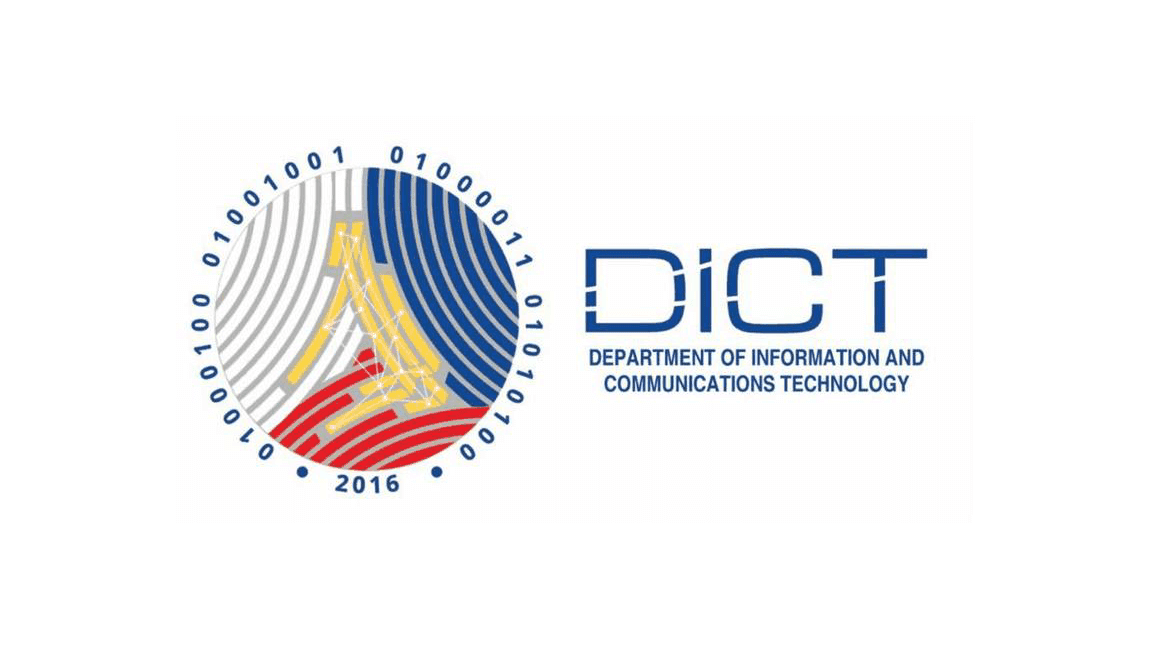DICT asked for a ₱40.34 billion budget to ensure that Philippine cyberspace is safe and secure.
Executive Director Alexander Ramos of the Cybercrime Investigation and Coordinating Center informed senators of the country's vulnerability to cyberattacks and threats.
During the hearing of the appropriations committee for the budget of the Department of Information and Communication Technology, he said that the cybersecurity measures the Philippine government has in place are insufficient to fully protect Philippine cyberspace.
“Are we vulnerable to cyberattacks?” Senator Raffy Tulfo asked Ramos.
Ramos replied that “We are—that is why we are trying to increase our capability,”
The CICC, a DICT-affiliated attached agency, oversees the prosecution of cybercrime.
“Since we assumed office, we have developed a team that will concentrate on [being] application experts. In the same manner, the forensics group was given a new mission to concentrate on hardware exploits,” Business Mirror quoted Ramos.
“These moves are needed to preempt possible intrusions in the future.” He added.
Ramos noted that the two teams are only “weeks old.”
CICC is the DICT's Cybersecurity Bureau, which is tasked to create a safe and secure digital environment in the country.
The two units are working separately, as they have different mandates.
This has been significant in our current generation especially since the world is slowly becoming more digitalized. Personal details can mostly be seen online now, and it is important to ensure consumers that their information is safe and protected.
ICT Undersecretary for Special Concerns Paul Joseph V. Mercado told senators led by Sen. Grace Poe, who chairs the Public Services committee, that there have been “incidents” of cyber threats and attacks on the Philippines.
However, Mercado also added that the government’s cybersecurity initiatives are complemented by the private sector’s own cybersecurity programs.
The Philippines has recorded many significant cyberattacks over the past few years, including the infamous Comeleak hack and WannaCry infection, among others that exposed the data of millions of Filipinos
Personalized text message scams are currently an everyday occurrence for Filipinos, with telcos noting that they are from foreign actors.
Tulfo pleaded with other senators to provide the DICT with higher budget allocations for 2023 to ensure that the Philippine cyberspace is safe and secure.
“We really should give them more budget,” he said.
The DICT was initially asking about ₱40.34 billion in national government allocations for 2023, but under the National Expenditure Program (NEP), however, only a total of ₱8.8 billion was granted.
Tags: #DICT, #Cybersecurity, #Cyberattacks, #Budget
